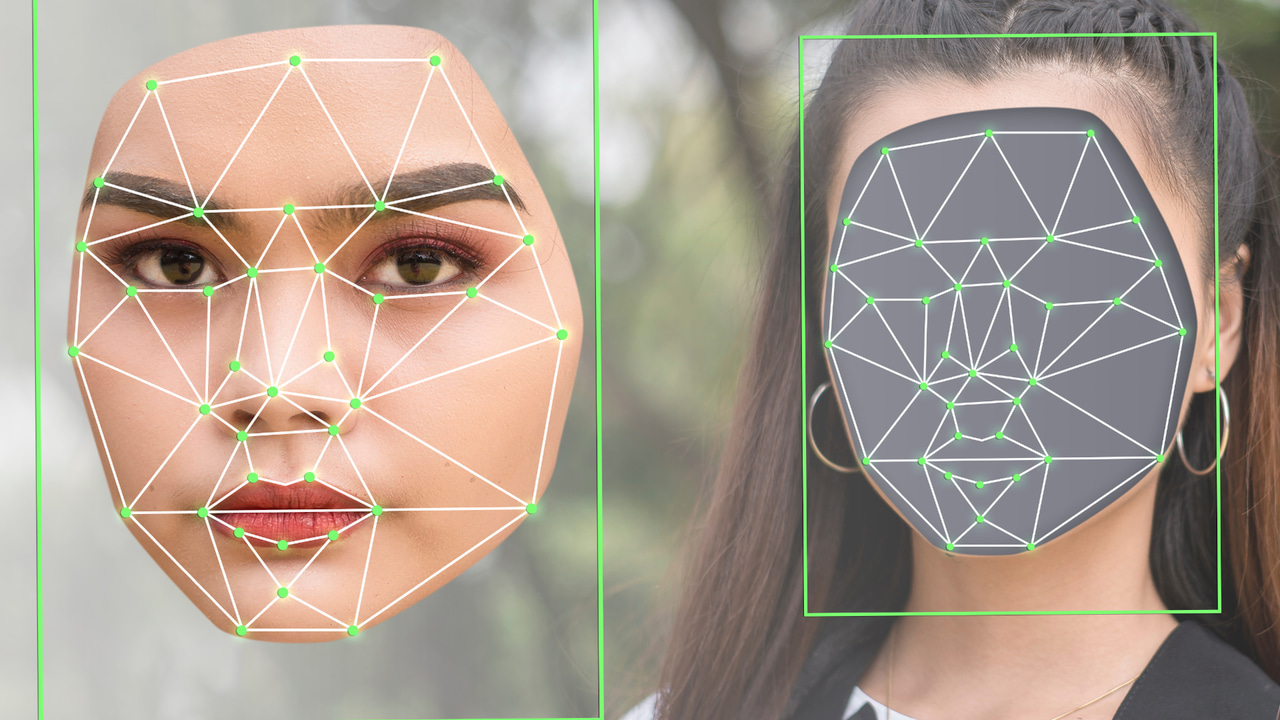
Breaking cybersecurity news, news analysis, commentary, and other content from around the world, with an initial focus on the Middle East & Africa and the Asia Pacific
Hong Kong Crime Ring Swindles Victims Out of $46M
The scammers used real-time deepfakes in online dating video calls to convince the victims of their legitimacy.

Hong Kong police arrested 27 people Monday for their involvement in a deepfake scam operation, stealing $46 million from the scam's victims.
The scammers used AI face-swapping technology to create female personas for online dating, using tools to alter their appearance and voices.
They then contacted their victims via social media platforms using these AI-generated photos of people with made-up personalities, occupations, and backgrounds.
However, the victims began requesting video calls to become more familiar with the person they were communicating with, prompting the scammers to turn to real-time deepfakes, which transformed the scammers into attractive women, adding legitimacy to the fraud and gaining the trust of those that were being duped.
"The syndicate presented fabricated profit transaction records to victims, claiming substantial returns on their investments," said Fang Chi-kin, head of the New Territories South regional crime unit.
The victims realized that they had been scammed after attempting to withdraw money from their accounts without success.
The police seized computers, phones, and just over $25,000 in funds and luxury watches from the crime ring's headquarters, a 4,000-square-foot building in Hong Kong.
They also arrested six individuals who were recruited to set up cryptocurrency trading platforms, five of whom were reportedly potentially associated with Sun Yee On, a crime gang that operates in Hong Kong and China.
These developments come in the wake of a recent United Nations Office on Drugs and Crime report warning of the technological advancements crime syndicates are making to carry out cyber fraud in Asia, such as the use of deepfake technology. Some 10 different deepfake software providers were identified, selling their services via Telegram to criminal groups in Southeast Asia.
Read more about:
DR Global Asia PacificAbout the Author
You May Also Like




